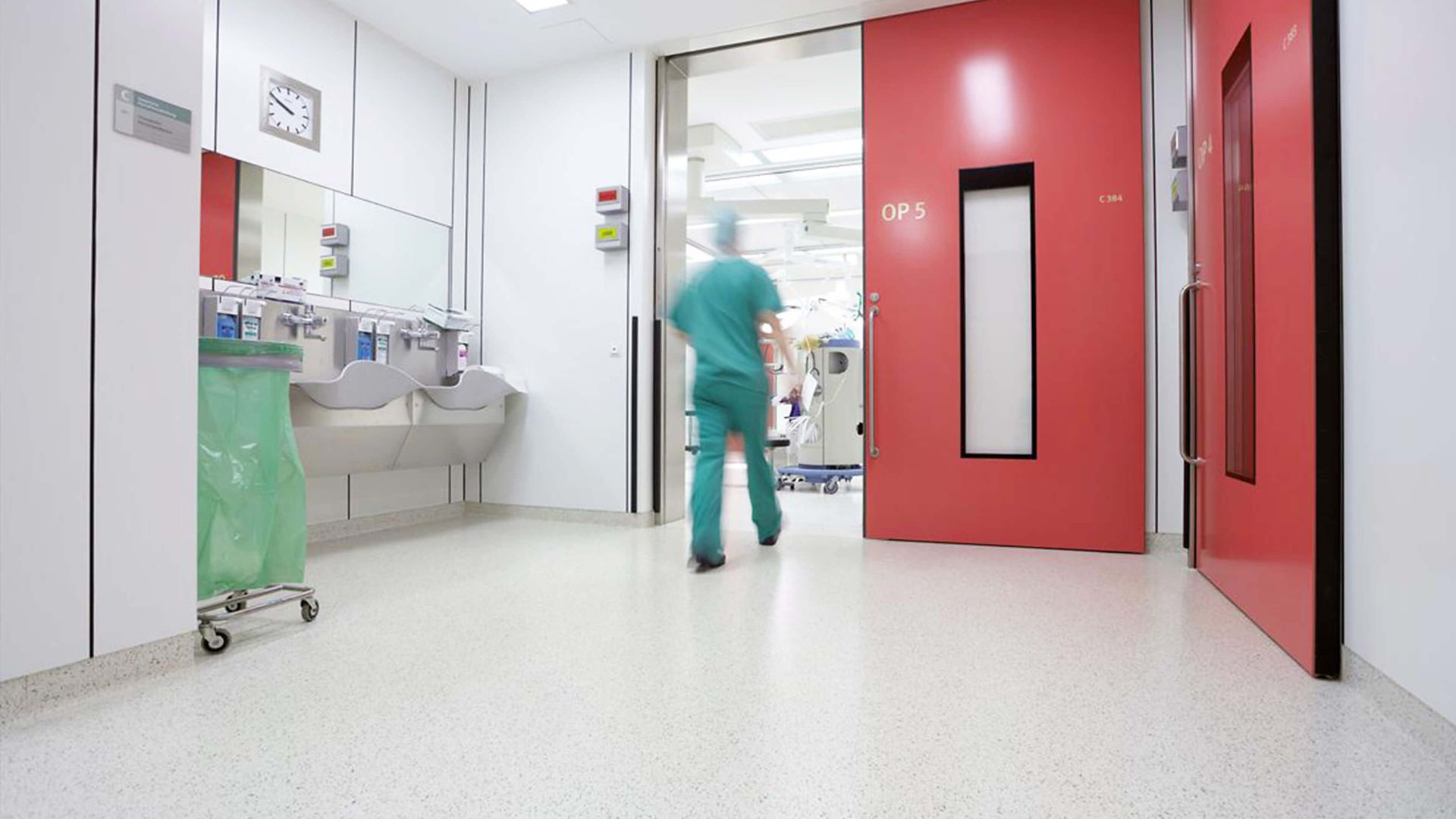Are Anti-Microbial Additives Effective?
What's the Right Resinous Floor for Me?
By design, seamless resinous floor systems inhibit contamination of surfaces by denying pathogens harborage points found in cracks, seams and joints. Some have put forth the notion that anti-microbial additives, such as silver ions, ensure a contaminant-free environment.
In theory, anti-microbial additives in resinous flooring work by either killing the microorganisms or inhibiting their growth, and they are often added to the resinous flooring during the manufacturing process.
However, the effectiveness of the antimicrobial additives depends on several factors, including the type of additive, the concentration of the additive, and the conditions of the environment in which the flooring is installed. In general, the anti-microbial additives can be effective in reducing the growth of microorganisms on the surface of the flooring, but they may not eliminate all microorganisms.
For instance, concerned about mounting exposure to toxic chemicals in everyday life and the threat of drug-resistant bacteria, Kaiser Permanente has banned paint and other interior building products treated with anti-microbial agents for use in its hospitals and other buildings. Other health organizations are following Kaiser’s lead.
It is important to note that while anti-microbial additives may be effective in reducing the growth of microorganisms on the surface of the flooring, they are not a substitute for proper cleaning and maintenance. Regular cleaning and disinfection of the flooring surface are still necessary to ensure a hygienic environment.

